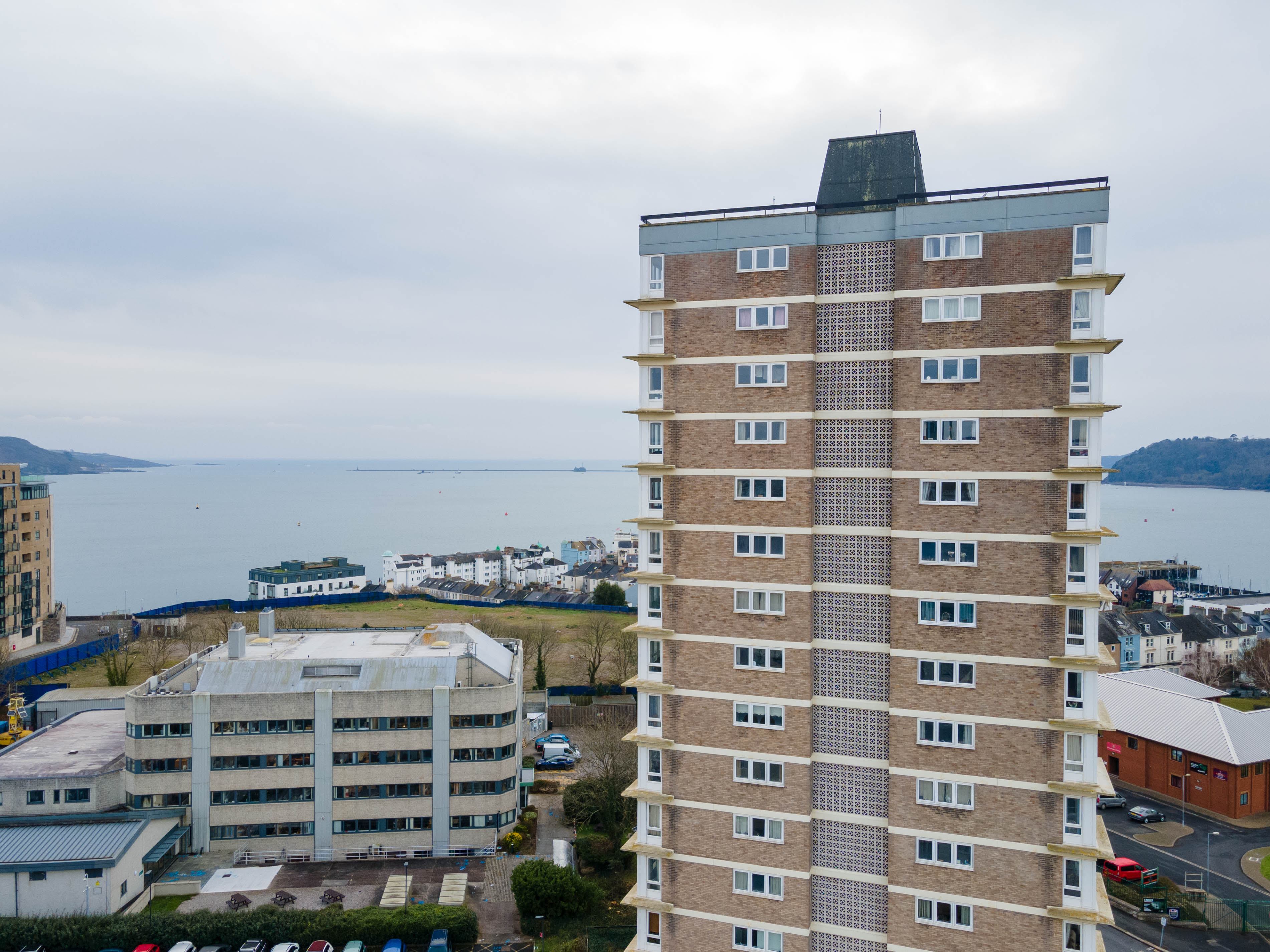International Water Week serves as a timely reminder of the duty building owners and managers hold in safeguarding water systems across the UK. Legionella bacteria present one of the most significant compliance risks within building services, with failures in management linked directly to outbreaks of Legionnaires’ disease. For those responsible for residential, commercial and healthcare premises, robust controls are not optional but mandated by law.
Understanding the Legislative Framework
The legal framework governing legionella management is well established. Under the Health and Safety at Work etc. Act 1974 and the Control of Substances Hazardous to Health Regulations 2002 (COSHH), duty holders are required to assess and manage risks from hazardous biological agents, including legionella. The HSE’s Approved Code of Practice L8 (ACOP L8), supported by the HSG274 technical guidance, sets out how compliance should be achieved in practice. This includes the requirement to conduct formal risk assessments, establish a written scheme of control, maintain water systems to prevent stagnation, monitor temperature regimes, and keep detailed records of inspection and maintenance activity.
Legionnaires in the UK
Recent data from the UK Health Security Agency (UKHSA) highlights why these requirements remain critical. In 2023, there were 604 confirmed cases of Legionnaires’ disease in England and Wales, with around 20% linked to clusters or outbreaks. While there has not been a large-scale incident comparable to the 2002 Barrow-in-Furness outbreak, smaller community and healthcare-associated clusters continue to occur. These cases underline that legionella remains a present and ongoing risk wherever water systems are poorly managed.
Recommended Frequency of Legionella Checks
Compliance requires that all monitoring and inspection activities are guided by a suitable risk assessment and, ideally, a Water Safety Plan (WSP). The WSP provides a structured framework for managing water systems, documenting responsibilities, control measures, monitoring, and review schedules. Risk assessments and WSPs should be reviewed at least every two years, or sooner if there are changes to the system, occupancy, or following an incident.
Commercial Properties (offices, schools, healthcare etc):
- Monthly: Temperature checks of hot and cold outlets, sentinel points
- Quarterly: Showerhead cleaning and descaling
- Six-monthly: Inspection of cold-water storage tanks
- Annually: Inspection of hot water calorifiers
Residential Properties (social housing, private rentals, care homes):
- Low-risk systems (e.g., combi boilers with no stored water): Minimal ongoing monitoring, with risk assessment and WSP review every two years
- Higher-risk systems (e.g., stored hot/cold water, sheltered housing, HMOs): Follow the commercial property regime above
Duty holders must maintain detailed records of all monitoring, cleaning, and remedial works, demonstrating compliance with ACOP L8 and HSG274. Integrating a WSP ensures a systematic, evidence-based approach, reduces risk, and provides clear audit trails for regulatory inspections or incident investigations.
Water Safety Plans: A Key Compliance Tool
A Water Safety Plan (WSP) is a structured framework designed to ensure water systems are managed safely and compliant with legislation. It is a central part of legionella risk management and includes assessing all water outlets and storage tanks, identifying potential hazards, implementing control measures such as temperature regulation and system flushing, and establishing monitoring schedules. WSPs also define responsibilities, maintain detailed records, and require regular review and updating, particularly after system changes or incidents. For organisations in the UK, a WSP is an essential tool to demonstrate due diligence and meet ACOP L8 and HSG274 requirements.
Consequence of non-compliance
From a compliance perspective, failure to follow ACOP L8 and HSG274 can lead to enforcement action by the HSE, civil claims, as well as reputational damage. Recent cases demonstrate that both landlords and managing agents can be held accountable for lapses in water safety management. The expectation is clear: organisations must adopt a systematic, evidence-based approach to legionella control, underpinned by competent risk assessment and ongoing monitoring.

At Firntec, we support organisations in meeting these stringent requirements by delivering comprehensive legionella risk assessments, compliance audits and monitoring solutions tailored to complex building portfolios. By aligning with the latest legislative standards and technical guidance, we enable landlords and facilities managers to demonstrate compliance, protect occupants, and mitigate risk.
International Water Week highlights water as a shared and vital resource—within the UK regulatory environment, it also reinforces the critical importance of structured, compliant management of legionella risks.
Chris Jones
Sign up to receive our emails
You'll receive all the latest news and blogs straight to your inbox.







